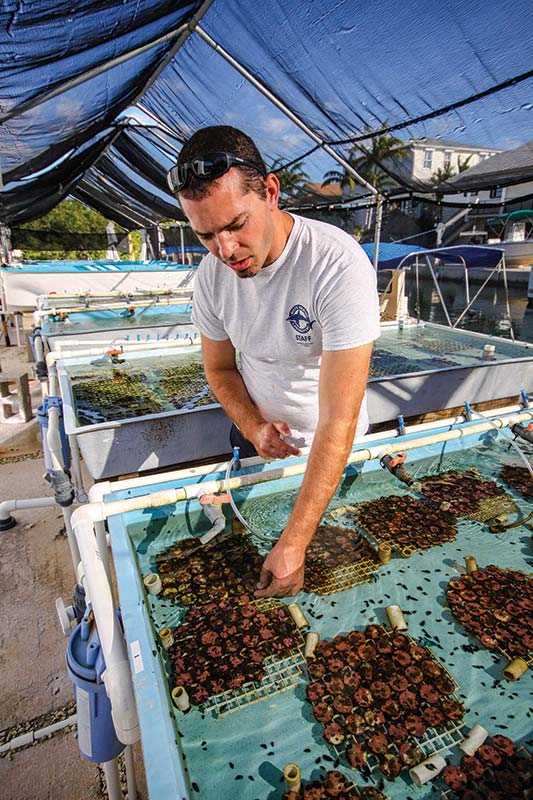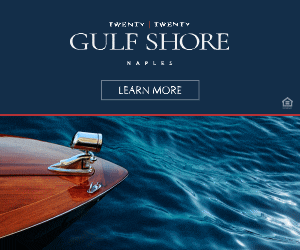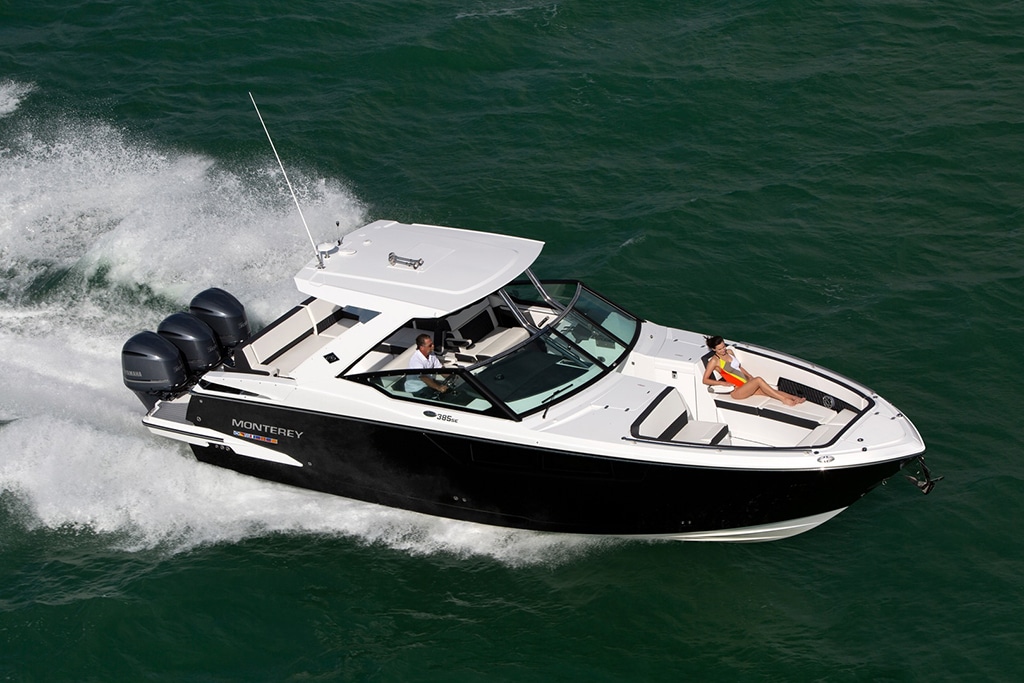Scientists and educators from a variety of institutions across the country gathered at Florida Keys Community College in Key West, Florida, on April 28th to present the latest research on protective measures against a multitude of threats facing Florida’s coral reefs ranging from pollution to disease and bleaching caused by ocean acidification.
The University of North Florida, University of Miami, National Oceanic and Atmospheric Administration, Smithsonian Marine Station, Jacksonville University, Florida Atlantic University, and Northeastern University were represented at the meeting, as were Key West’s nonprofit organization Reef Relief and Sarasota, Florida-based Mote Marine Laboratory. What do they all have in common? Each are recipients of Protect Our Reef grants funded by sales of the “Protect Our Reefs” specialty license plates in Florida—a program introduced in 2004 that has raised more than $4 million for the preservation and restoration of Florida’s coral reefs.
Each grant ranges from $10,000-$30,000 according to David Vaughan, the executive director of Mote Marine’s tropical research laboratory in Summerland Key, Florida. He adds that nearly a third of a million dollars is awarded annually as part of the Protect Our Reefs program administered by Mote Marine. Grant recipients are required to submit an eight-page proposal detailing the principle objectives of the project, including the past experience and methods of the staff as well as how they plan to carry out the research. The proposal also highlights deliverables, a timeline and a detailed budget.
Some of the most interesting material presented, Vaughan adds, concerns black band disease, an affliction that can devastate entire coral colonies within months. It’s a problem that has vexed scientists for a long time, but researchers are finally getting closer to its root cause. Max Teplitski of the Smithsonian Marine Station and Sara Williams of Northeastern University both presented new findings about black band disease that they were able to discover thanks to grants afforded by Protect Our Reef. “We now have a better understanding that [black band] disease is not caused by one single microbe, virus or fungi, but it is a combination of over a dozen organisms working together,” says Vaughan. “Two of the organisms have to be present in order [for coral] to get the disease, but if any one of them is present, without any of the others, the corals don’t get the disease. Also, a certain bacteria and a certain blue-green algae has to be present.”
Vaughan adds that increased media coverage of coral bleaching in major media outlets is helping raise awareness of how weather and climate events such as El Niño and ocean acidification affect the planet’s vital yet precious reef systems. Much remains to be done, says Vaughan, but adds that Protect Our Reefs is a big step in the right direction. “It’s a shame that things like devastating conditions in the Pacific and Australia’s Great Barrier Reef is what it takes for people to understand how important coral reefs are to our oceans’ health,” he contends, referring to a mass-bleaching event discovered in March 2016 along some 600 miles of the Great Barrier Reef. “But people are understanding that bleaching is a condition that affects corals when the temperatures get too high. A decent amount of our Protect Our Reefs grants address bleaching, seeing that there are some genetic strains of corals that seem to tolerate those conditions better than others. So we’re able to better understand how we can hopefully live with [healthy] coral reef systems in the future, because it’s the habitat for all of our fish and the other beautiful things we like to view when we’re on and in the water.”
By Brian Hartz, Southern Boating Magazine July 2016














